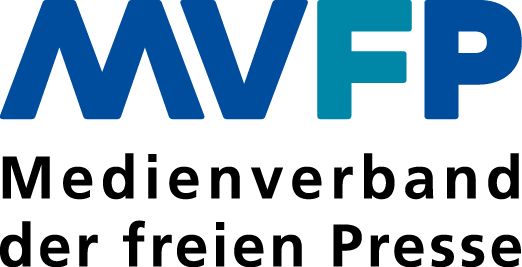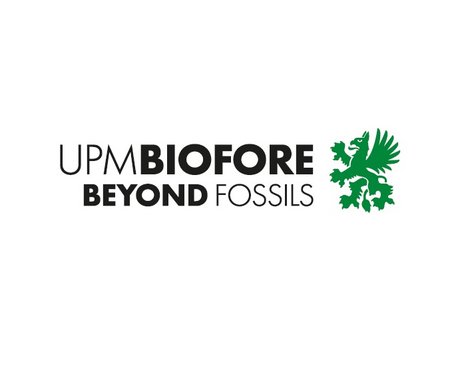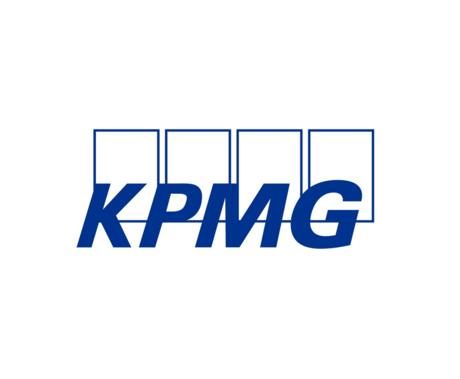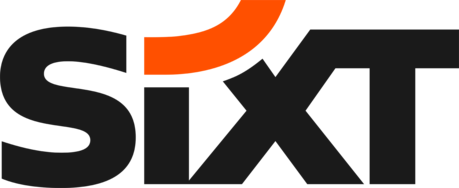Taken on the demands of its members
In December 2010, the Directors of FIPP met and agreed to change the name of FIPP to ... FIPP. On the surface then hardly a revolution, but it was a very symbolic move. Before explaining why, some history.
FIPP was founded in 1925, according to legend, by a group of French and Spanish publishers who liked to get together from time to time in Paris or Madrid for some wining, dining and discussions about the magazine business. This led to the opening of a Paris office and the creation of the Fédération Internationale de la Presse Périodique, the International Federation of the Periodical Press. Given such a mouthful of a name, and the fact that the term ‘Periodical Press’ was last used during the age of hot metal typesetting, everyone has always simply called the organisation ‘FIPP’.
For many years, FIPP was famous for its bi-annual World Magazine Congress organised in conjunction with local publishing associations – FIPP’s records show Germany has hosted two of these Congresses, Berlin in 1960 and Hamburg in 1999. With the increasing internationalism of publishing led in particular by the expansionist strategies of German, French and American publishers and boosted by the fall of the Berlin Wall and the opening up of more markets, the role of FIPP changed significantly.
The members of FIPP, some 600 operating companies comprising the national magazine associations of the world, the magazine publishers, and suppliers to the magazine industry, wanted to meet more often; they wanted to know what was happening round the world; and as emerging markets developed they wanted professional publishing standards to be introduced. In addition, in the second half of the past decade another key dynamic emerged – the impact of the digital world on traditional media.
In the last decade, therefore, FIPP has taken on the demands of its members and created an organisation that has a wide range of products and services to meet their needs. So to the iconic World Magazine Congress we now run the Worldwide Media Marketplace (known to everyone as the WMM), a licensing and syndication event where magazine publishers meet and clinch crossborder publishing deals; the Asia Pacific Digital Conference; the Research Forum and Awards; and of course, for some years now, the Digital Innovators’ Summit held in Berlin and organised by FIPP and VDZ. These meetings and events are the perfect place to not only find out what’s happening in the industry, but also to network and do business together.
To meet the communication and information demands of its members, Magazine World is FIPP’s traditional publication, published four times a year, but of course, to keep members right up to date as to what’s happening in our fast-changing industry, FIPP sends out to its 12,000 name database, a general news Update every two weeks, and in the alternate weeks a specific E-Vitals/FIPP Digital Update. The most popular part of FIPP’s website (www.fipp.com) is the news of launches from around the world, but it also contains a wealth research studies, as well as industry news.
Every year FIPP produces the definitive review of World Magazine Trends, and has a library of reports and handbooks, such as the Environmental Handbook (produced in collaboration with FAEP). Last year an Innovations In Magazines World Report was published for the first time and was a sell-out. The 2011 edition has just been published. And, in 2011, like all media organisations must, FIPP also has its iPhone app; its Linked-in group; its Twitter account (@FIPP_magazines) and its Facebook page www.facebook.com/FIPPmagazines).”
In 2005 FIPP launched the Magazine Brand Management Certificate, 18 days of high-level training, spread over the course of a year, focussing on all aspects of magazine publishing. In 2009 FIPP added a tailored Digital Publishing Course, a weeklong programme of insight into creating and running better digital media businesses. Both activities receive fabulous approval ratings.
Overseeing all this is the FIPP Management Board, some 45 people being the great and the good of the magazine industry with strong representation and support from Germany including Wolfgang Fürstner, managing director of VDZ, Torsten-Jörn Klein, president, G+J International, Eckart Bollmann, executive board member, Bauer Media Group, Ralph Büchi, president, Axel Springer International, Fabrizio D‘Angelo, managing director, Hubert Burda Media Holding and FIPP’s Treasurer, Erwin Fidelis Reisch, CEO, Alfons W. Gentner Verlag.
Full details of all of FIPP’s activities, products and services, and how to join and become a member can be found at www.fipp.com So what’s all that nonsense about changing from FIPP to FIPP? Because, whilst magazines in their printed form will be with us for many years to come, many new business opportunities are being created as FIPP’s members transform their magazines into multi-platform brands. This world of 360˚ media convergence is making definitions of activity by media platform increasingly irrelevant. The question this raised for FIPP was, ‘How does a purely magazine trade body remain relevant?’
FIPP becoming FIPP – the worldwide magazine media association more correctly defines who its members are, and what they do. The products and services reflect the journey the FIPP members are on whilst remaining mindful of the magazine legacy they proudly carry, and conscious that they are building fully rounded media-neutral companies.
FIPP, as the mission statement now makes clear, exists so that its members develop better strategies and build better media businesses by identifying and communicating emerging trends, sharing knowledge, and improving skills worldwide. It’s a tough mission to live up to, but one that FIPP is determined to meet.




